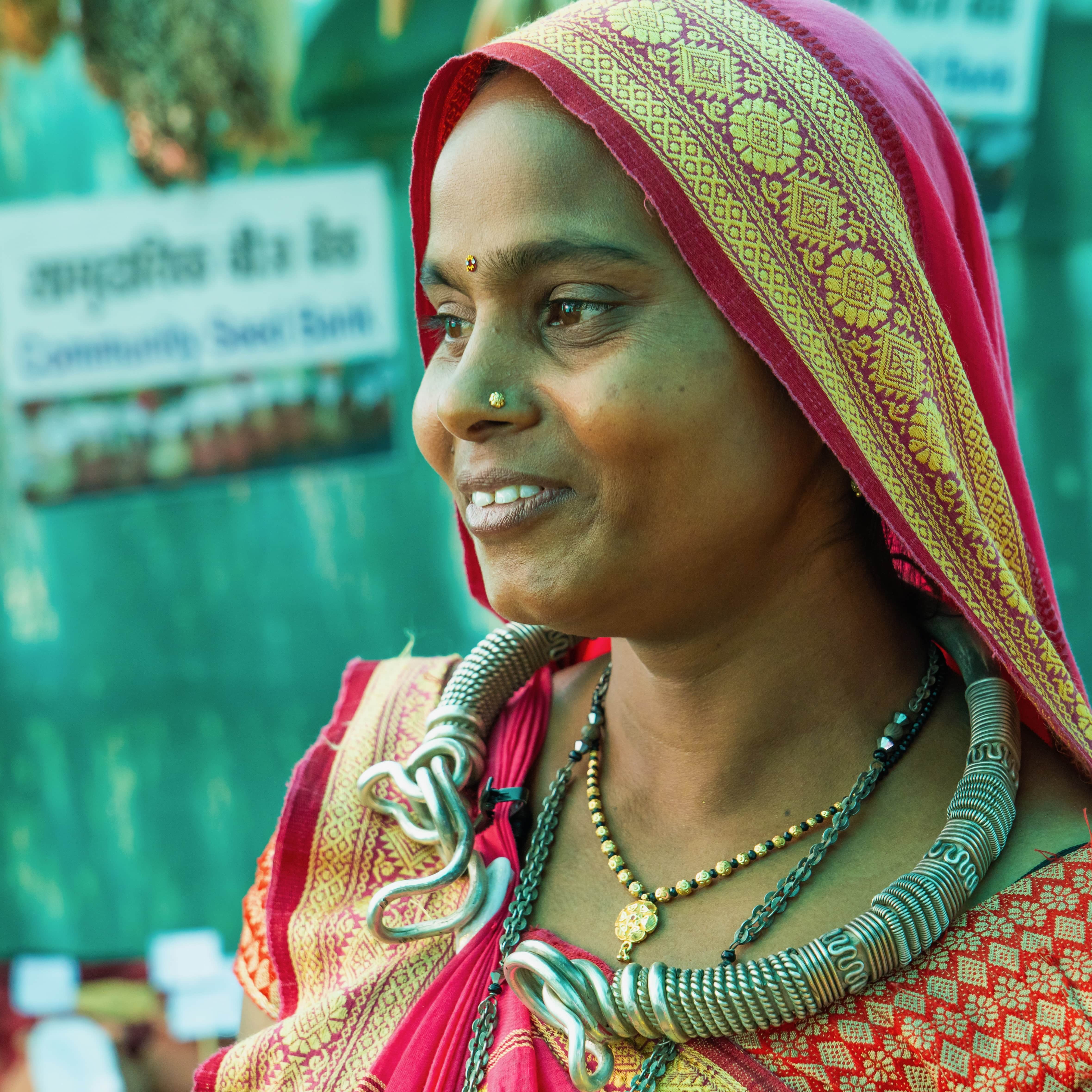Sowing Seeds of Sustainability
India and Germany are transforming agriculture. Explore how ecological methods, sustainable practices, and innovative solutions for climate resilience are setting new standards for agroecological farming.

End poverty in all its forms everywhere.

End hunger, achieve food security and improved nutrition and promote sustainable agriculture.

Ensure healthy lives and promote well-being for all at all ages.

Achieve gender equality and empower all women and girls.

Promote sustained, inclusive and sustainable economic growth, full and productive employment and decent work for all.

Reduce inequality within and among countries.

Take urgent action to combat climate change and its impacts.

Protect, restore and promote sustainable use of terrestrial ecosystems, sustainably manage forests, combat desertification, and halt and reverse land degradation and halt biodiversity loss.
Agroecology promotes agricultural practices that are environmentally and socially sustainable. It emphasises the use of natural processes and biodiversity to enhance soil fertility, pest control, and crop productivity, reducing the reliance on chemical inputs like pesticides and synthetic fertilizers. In India, farmers have for centuries engaged in agroecological practices. At the same time, a modern economy requires a modern agricultural system leveraging scientific innovations. That is why, India and Germany are prioritising agroecological transformation as one of the key elements of the GSDP.
While agriculture and related sectors represent around one fifth of India’s economy, more than half of its people depend on these sectors to secure their livelihoods. This is especially the case for millions of smallholder farmers in rural India. The impacts of climate change, biodiversity loss and degradation of critical resources like soil and water are putting pressure on agricultural production and livelihoods. At the same time, the demand for safe, diverse, and healthy food is rising, especially in urban areas. To address these complexities and achieve SDG 2 (Zero Hunger) and the Paris goals, integrated approaches that consider food and nutrition security, environmental sustainability, climate resilience, carbon sinks and economic development, are essential.
India and Germany have agreed on the Lighthouse initiative “Agroecology and Sustainable Management of Natural Resources.” With this partnership, they are positioning agroecology as the central element for a climate-compatible agriculture and food systems transformation. In more than 24 development cooperation projects, India and Germany are working to improve the income and nutritional situation of vulnerable groups. They are collaborating in developing sustainable and fair agriculture and horticulture value chains, and scaling agroecological approaches through capacity development and access to finance. The GSDP partners are also ramping up dialogue formats and partnerships. They promote scientific exchange and research partnerships between India and Germany to support strong scientific evidence on the social, economic, and ecological benefits of agroecological systems. India and Germany are also supporting triangular cooperation and South-South networks to make agroecological approaches and solutions available in countries around the world. In addition, the Indo-German Working Group on Agroecology and Natural Resource Management will facilitate sector dialogues to boost even more intense cooperation in the future.
Agroecology is closely aligned with multiple SDGs due to its holistic approach to food systems that integrates ecological principles, minimizes waste and environmental impact. It directly supports SDG 2 (Zero Hunger) by promoting sustainable agricultural practices that enhance food security and improve nutrition. Agroecology also contributes to SDG 13 (Climate Action) by reducing greenhouse gas emissions through practices like carbon sequestration in soils and minimizing chemical inputs as well as resilience to climate impacts. It plays a role in SDG 15 (Life on Land) by promoting biodiversity, improving soil health, and reducing land degradation. Additionally, agroecology aligns with SDG 6 (Clean Water and Sanitation) by reducing water pollution and promoting efficient water use. Finally, it supports SDG 1 (No Poverty) by enhancing the resilience and livelihoods of smallholder farmers through sustainable, diversified agricultural practices.

